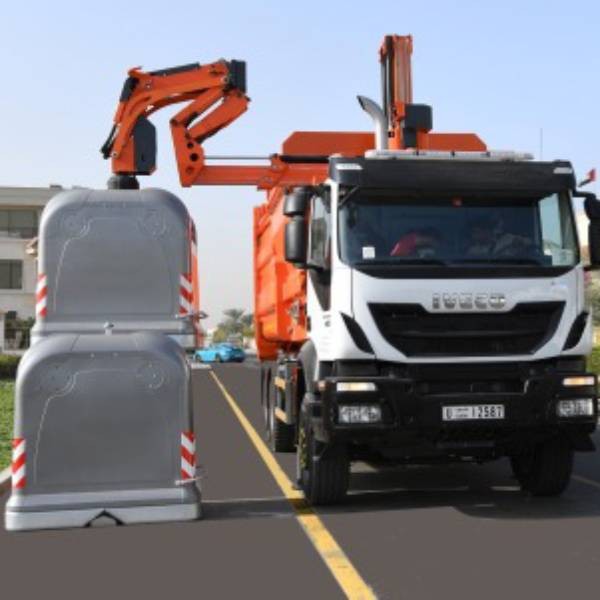Beyond the needs of individuals and households, waste represents a broader challenge affecting public health and livelihood, the environment, and economic conditions. Waste management is a universal concern that affects every single person around the globe.
And as more than 90% of waste is openly dumped or burned in low-income countries, it is the poor and most vulnerable that are disproportionately impacted. As a result, a proper underground waste management system has become the most essential civic infrastructure service.
Poorly regulated waste is also polluting the world’s oceans, obstructing drains and prompting flooding, spreading diseases, aggravating respiratory problems from the smoke, hurting animals that eat garbage unknowingly, and influencing economic progress.
Ensuring efficient and proper waste management is crucial to the fulfilment of the Sustainable Development Goals. Left unmanaged, discarded or burned, waste hurts human health, damages the environment and climate, and hampers economic growth in all countries, poor and rich alike.
While there is increasing awareness among citizens, waste generation is also increasing rapidly. And as people move to cities, the amount of waste generated in small areas is considerable. Urban areas, home to more than half of humanity and producing over 80% of global GDP, are also at the forefront of handling the global waste challenge.
The urban underground waste management system needs very intricate planning while demanding a significant percentage of the city’s resources. Waste management companies and civic bodies have started using technological reforms to improve operational effectiveness.
Bluestream’s Nord waste management was designed with the complex needs of a city’s landscape in mind. It is crafted to offer the most advanced automated waste collection for urban centres.
Saves time and money: A single fleet of vehicles can be deployed to pick up above-ground containers, semi-underground, and underground containers. The collection of one waste management container takes a single minute, and as a result, 15-20% collection time is reduced. The no-contact automated process means that even the labour costs are reduced by almost 70%.
No missed pickups: Unlike traditional methods, our smart waste management method eliminates overflowing bins. When a trash bin is set to be full, the authorities are instantly notified, and collection trucks can be scheduled for a pickup.
CO2 emission reduction: Waste management and recycling also come with a heavy carbon footprint. Optimized routes cause less fuel consumption, decreasing the carbon footprint and turning the waste management method eco-friendly.
Aesthetically pleasing: The advanced designs are entirely closed, and don’t allow for animals to scavenge. Created in a way that they are easy to install, pick up and even clean. Entire waste management containerscan be cleaned, disinfected, and deodorized— inside and outside.
Improve sustainability: Managing waste, energy, and water more efficiently are the core factors of sustainability. Enhancing an organization’s sustainability can promote corporate image, attract quality clients and positively engage employees.
Office buildings, schools, shopping malls, hotels, restaurants and other commercial and institutional structures produce significant waste. Smart waste management systems can promote waste management in the buildings while reducing costs and improving sustainability.
Nord waste management system is designed to improve waste collection processes and has a significant impact on the citizen’s quality of life. With all the health and hygiene concerns caused due to the COVID pandemic, people have started to find a greater need for proper contactless waste collection.



